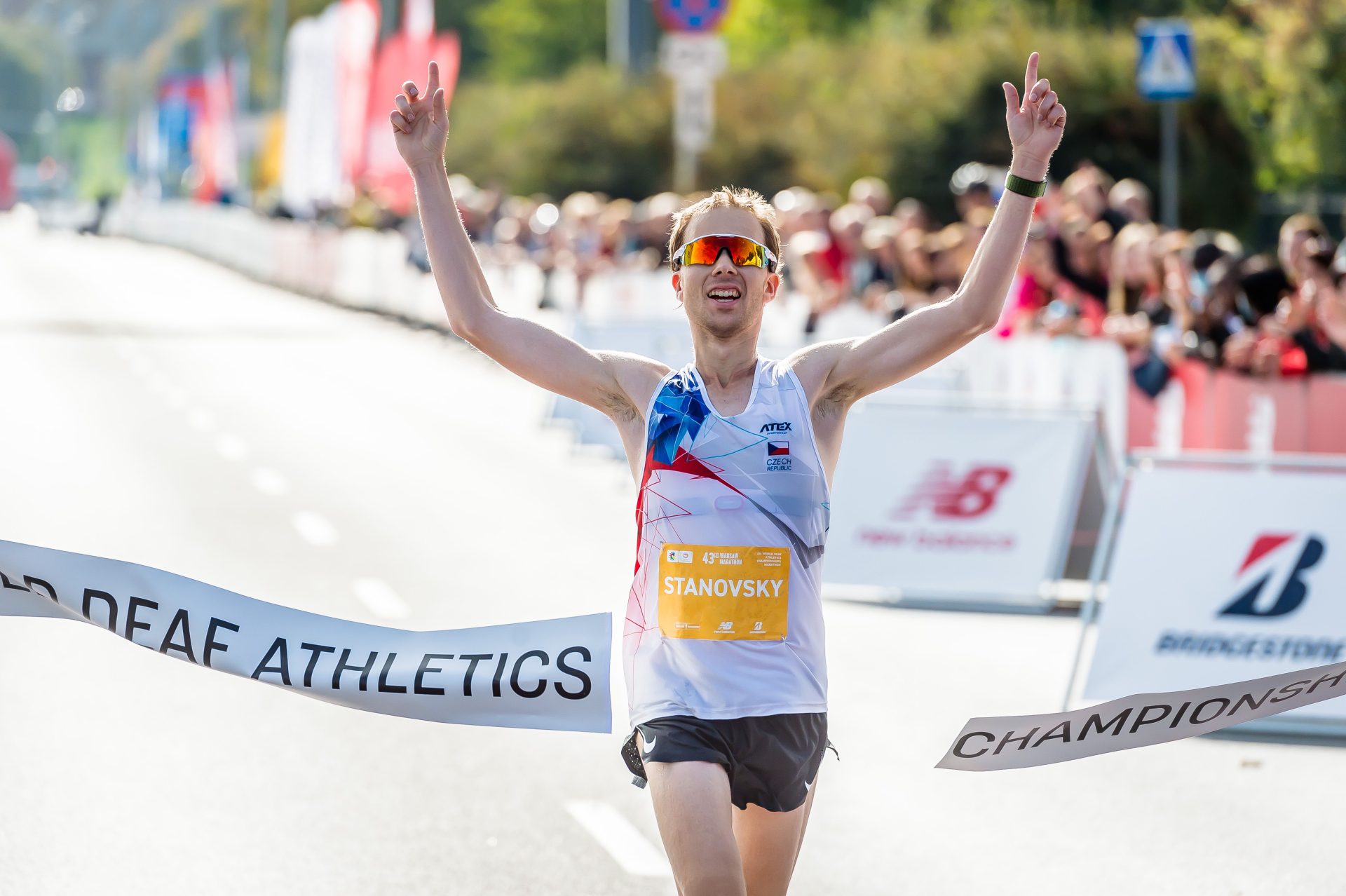(Interview with Marek Tronina, President of the Warsaw Marathon Foundation)
TEAM UP! Europe – what is it really about?
MT: In short – it’s about giving street running a new impulse to change. I believe that without change we have no chance to develop. And I am not just talking about the Polish market.
And what does that change mean? The team competition and scoring rules are clear concepts, but why should it be a changing stimulus? For whom?
MT: For all those who would like to change something, but are afraid. Because of tradition, because maybe it won’t work, and so on. And we want to show that only those can move forward, who are not afraid to experiment. That’s why we decided to do two things at the same time – start strongly promoting European athletes and create a format that will give the marathon a new dimension.
Alright. Let’s start with the second point. The team competition format is nothing new. The same kind of contest has been held at the Prague Marathon for some time.
MT: Yes, it is happening. But are they really the same? Not quite. One of the differences is that in TEAM UP! Europe the teams are put together by invited managers. So it’s really a competition between managers – who can navigate the market better and who is better at talking to the runners. It will be a clash of running stables. And in Prague – and I’m not saying it’s worse in Prague, just different – teams are created by arbitrary assignment of invited runners to a specific team by the organizer.
So it will be a bit of a team like in cycling?
MT: Yes, that is similar.
Allright, why European runners? After all, the best in the world are Ethiopians and Kenyans anyway?
MT: We don’t see the best in the world in Warsaw anyway. These are not the same budgets. But of course, even if you left out those running over 2:02-2:04, there would still be a whole lot of other athletes from Africa, better than 99% of European runners. We realise that. Only that we have also realised that repeating exactly the same pattern as everyone else on our level will not lead us to a different place than where we are.
In order to stand out, we have to change something. Hence a very conscious decision to focus on runners from Europe. Because it is a strategic point. If we don’t start – and I’m not talking only about the Warsaw Marathon, but also about other organizers – to systematically support runners from the Old Continent, the world of street marathons may soon be painfully affected. Would a Polish runner identify with even the fastest runner from Africa? I don’t know. But with a Pole who counts on the European arena and who ends up at the forefront of European events? That’s more likely. The same mechanism will work for any other country and nationality. That’s why we need to do something together.
Aren’t you afraid that in case of success, the TEAM UP! Europe would find imitators and the Warsaw Marathon could lose its position as an event that stands out?
MT: I would love other races to start doing what we do! And we are really happy to share the related know-how. If there are more such races, we will witness a rapid improvement among distance runners in Europe. And that’s what this project is all about.
So what can we expect from this year’s Warsaw Marathon in terms of the elite competition?
MT: Something new, for sure. First of all – there are many indications that a European will win the race (laughs). Secondly – that we will not only follow the individual elite, but also keep an eye on what is happening in the team ranking. And I promise we’ll try to show the team competition in the clearest possible way.
So we probably aren’t up for new course records, are we?
MT: It’s unlikely. This year, our goal has been to launch the project and prove that something can be done differently. And the winners’ times? I honestly admit that for me one of the most exciting marathons in Warsaw was the “covid” one, in 2020, when six Poles raced for a long time on a 5kilometre loop. It was excitement we hardly ever experienced before. And who remembers that the winner won in 2:25 – the worst time in nearly twenty years? Nobody. Because no one was passionate about those seconds or minutes. The neck-to-neck fight was exciting. I am sure that will be the case this year, too.





